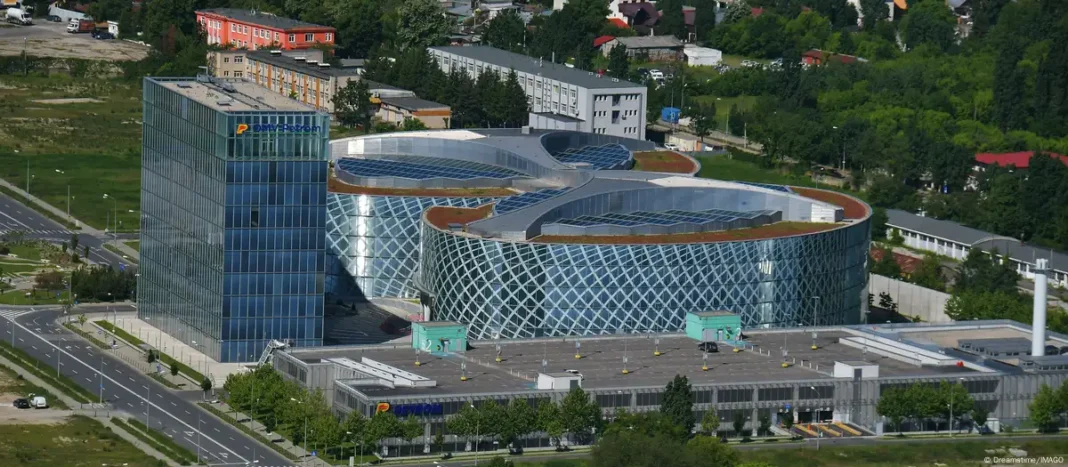August 4, 2025 – Bucharest
Romania’s Ministry of Energy has declared a crisis-level state of emergency following the delivery of contaminated Azerbaijani crude oil, according to a statement published on the ministry’s website.
The incident involves a 92,000-ton shipment of crude loaded at Turkey’s Ceyhan port and supplied by Azerbaijan, which was found to contain organic chlorides. Energy company OMV Petrom informed the ministry about the contamination and subsequently refused to load an additional 92,000-ton batch from the same source.
“In total, 184,000 tons of imported crude became unavailable for supply to the Petrobrazi refinery,” the ministry said. To keep operations running, OMV Petrom requested the release of 80,000 tons of crude oil and 30,000 tons of diesel from Romania’s emergency reserves.
As RBC informs, the emergency declaration allowed the government to tap into those reserves, ensuring uninterrupted refinery operations and preventing disruptions to the domestic fuel market. The ministry also notified the European Commission about the incident.
Azerbaijani oil reaches global markets via the Baku–Tbilisi–Ceyhan (BTC) pipeline, operated by BTC Co. and managed by British Petroleum (BP), Azerbaijan’s largest oil producer.
BP confirmed in late July that a portion of oil flowing through BTC had been contaminated with organic chlorides—chemicals sometimes used to enhance crude extraction. Italian energy major Eni SpA also reported receiving affected oil.
The issue has spread beyond Romania. In late July, Czech authorities confirmed that contaminated Azerbaijani oil entered the country via the Transalpine Pipeline (TAL). State-owned Orlen Unipetrol said the shipment—nearly 60,000 cubic meters—would be stored at central depots and later diluted with clean supplies before safe processing.
Czech officials stressed that the incident did not disrupt refinery operations or oil deliveries. Investigations into the contamination have been launched by both TAL and Czech pipeline operator Mero.
Currently, the Czech Republic imports oil solely through the TAL pipeline and its German IKL branch, after halting Russian Druzhba pipeline imports in March.


